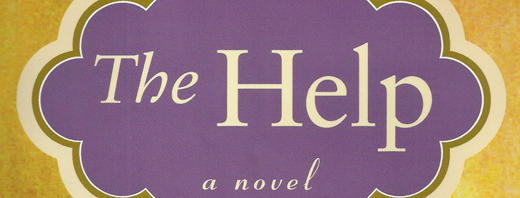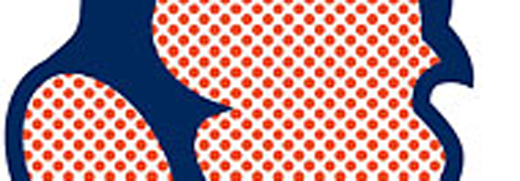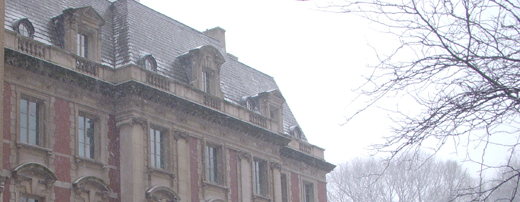Weekend Update: At McNally Jackson
Monday, February 16th, 2009The panel discussion at McNally Jackson Books on Friday night marked a departure of sorts, but a dimly familiar departure. Eric Alterman, Susan Jacoby, David Samuels and Colm TóibÃn (seated, left to right) talked about “How History Was Made: Books That Inspired a President.” (Laura Miller, also billed, did not appear.) The president in question was the current incumbent, and the book list was compiled by staff bookseller and moderator John McGregor. The event might have taken place in a more institutional setting, at a university or in a library, but as it took place at a bookstore I was reminded of the Gotham Book Mart, which I was unfortunately unable to visit when Edith Sitwell gave a reading, in November, 1948 — not having attained the age of one.
The mood in the packed bookshop was ebullient — so much so that it was easy to overlook the deflated undertones in much of what was said, particularly by Mr Alterman and Ms Jacoby. Perhaps it was simply a case of my agreeing with them: while it’s wonderful to have a president who reads books, it oughtn’t to be remarkable; and as for the end of the Bush era, this is nothing to celebrate, either, since the era ought never to have begun.
Mr TóibÃn was quick to claim Barack Obama as an outsider, and I had no argument with that. The bracing but understandably unheralded leitmotif of the new administration seems to me to be that we are all outsiders. (The more I get to know about Mr Obama — something about which, I confess, I’m taking my time — the more struck I am by the challenges posed by such huge and intrusive question marks about identity as must have loomed for a bi-racial child of the Seventies.) Mr TóibÃn drew interesting comparisons between the president and James Baldwin, finding almost startling parallels in their memoir writing. Something tells me that it will be Mr Obama himself who effectively eases the discomfort that some people might have to hear him compared to a gay black American writer; until he does, the gay Irish writer’s patient analysis is likely to provoke a fair amount of suppressed wincing and gritting of teeth.
David Samuels, author of The Runner: A True Account of the Amazing Lies and Fantastical Adventures of the Ivy League Impostor James Hogue, was also preoccupied by the question of identity, but his concern was somewhat more occult than Colm TóibÃn’s, and it took longer for me to grasp — if, indeed, I did grasp it. Mr TóibÃn’s reference to Barack Obama as a “self-invented man” who has found a mirror in books struck me as an interesting observation, but Mr Samuels’s comments along the same lines struck me as ominous; they seemed to suggest that the president is too adaptable. From the phrase “usable identity,” which Mr Samuels used several times, I was inclined to infer an unsavory opportunism, and I began by thinking that Mr Samuels is not a fan. Eventually, however, a thesis was advanced: Barack Obama has achieved a mastery of self-possession because he is a writer. This was an interesting idea, not because it might be correct, but because of the light it cast on Mr Samuels’ conception of writers and writing.
I don’t recall any opposition from Colm TóibÃn, but Susan Jacoby and Eric Alterman would have nothing to do with Mr Samuels’ thesis. To them, the president is a man of parts who has written one good book (Dreams of My Father) and one piece of political hackery (The Audacity of Hope). They stoutly resisted the notion that all good books are written by writers. Mr Alterman went so far as to insist that one of the best books that he has ever read was not written by a “writer” — Katharine Graham’s Personal History. Without flogging his idea, Mr Samuels refused to let it go, and pretty soon what I sensed, despite the journalist’s persistent (and somewhat “archaic”) smile, was a gatekeeper’s anxiety. Rather than have a president out there who happened to have written a good book, Mr Samuels preferred to see Mr Obama as a writer out there who happens to be president.
It occurred to me, later, that a professional writer is a someone who writes well enough) who is also capable of meeting deadlines, showing up for appointments, and exhibiting other tokens of adult responsibility. When, talking with Kathleen about the panel, I ventured this point, she asked, “Where does that leave Proust?” The simple, professional answer would have been to remind Kathleen that she has never read Proust. Merely semi-pro myself, however, I didn’t think of that one until just now.
Update: For another account of the discussion, see what Rollo Romig has to say at The Book Bench.

















